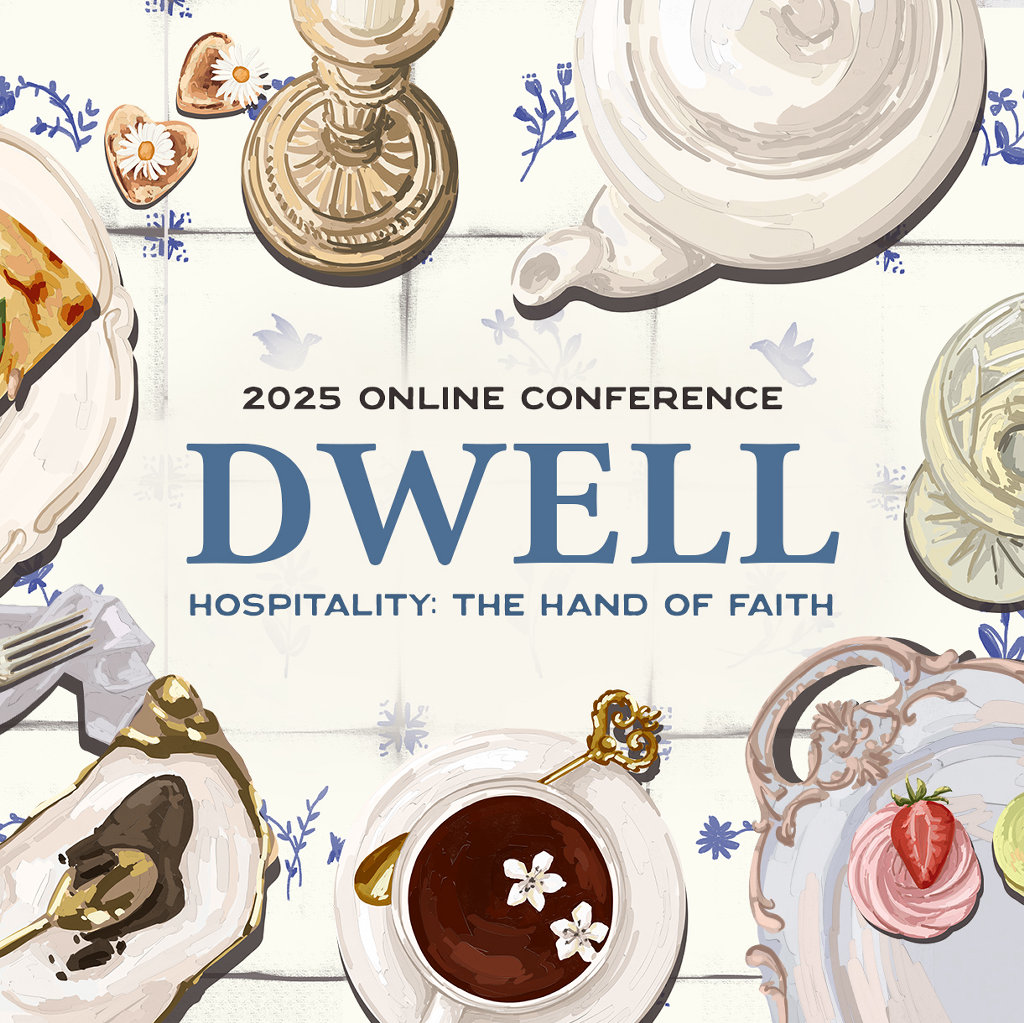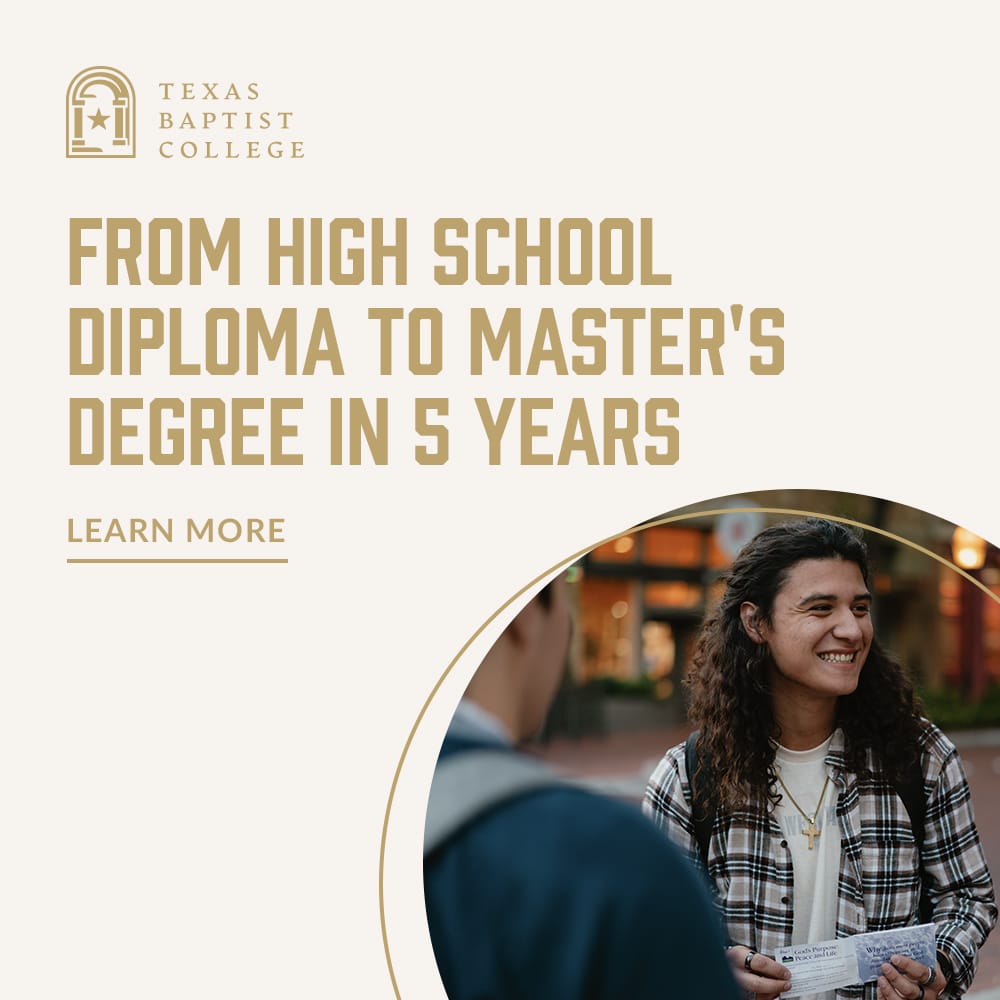What Happened To Classical Education, Part 1: Introduction
Starting a new year makes us particularly conscious of time. Time makes us conscious of limitations. And, contrary to the spirit of the age (at least prior to 2020), this is good, because limitations allow for definitions.
When we pretend we don’t live on a calendar that comes to an end and has a beginning, we try to pretend in turn that we are immortal beings whose angelic imaginations can achieve any ends. That’s how we fall.
One of the first things to go, in that kind of thinking, is words that mean something. Just as we stop realizing that we are finite, so we stop realizing that words are limited. And that is good. Because limitations are definitions. After all, de-finition comes from finite.
To define is to set limits.
If I am defined, I have limits. But in those limits, I also have meaning. If I don’t have limits, I have no definition, and therefore, I have no meaning.
To define is also to establish the conditions for love.
The Latin word for neighbors is finitimus. It means the people who meet at the border or boundary. He is not you. You are not he. He does not possess your land. You do not possess his land. He has his own being and his own land. And because of that, you can love him as him and he can love you as you, without confusion and without loss of identify.
And yet, with that border established, you can reach across and invite your neighbor into your home and into your heart. Perhaps that is why the old wisdom said, “good fences make good neighbors.”
So it seems like a good time to reflect on history and how education has been defined and practiced in various ages.
Unfortunately, nobody seems to believe that we live in the Golden Age of education. Everybody is looking for a solution to our problem. Some look to the future, others to the past. Some look to ideals, some to data. Some look to new rules and regulations, some to new freedoms. Some look to the future on Monday, the past on tuesday, ideals on Wednesday, data on Thursday, rules on Friday, and freedoms on Saturday.
Some people believe America needs to return to the education of the 1950’s. Some of them call that classical education. Perhaps you have thought that yourself. If so, you are not entirely wrong.
But, I regret to add, you are not entirely right either.
Some people believe we need to return to the education of the 1890’s, before what Mortimer Adler called “the education wars” that lasted from roughly 1880-1920. He argued convincingly that progressive education and classical education battled it out during those decades, but that in the end progressive education triumphed.
I would put it this way: progressive education triumphed so completely that today a person could argue for what progressive educators did in the 1950’s and call it a classical education.
But if I’m going to defend that pre-1920 version of education, I have to know what it is. And if I am going to call it classical, I have to go a step further and ask by what standard or definition am I granting it this noble (for I believe it is a noble) word.
What is classical education? What forms or variations does it offer? Is it an identifiable method? Is it a formula or even a form? Is it a creed, a value system, a set of skills? What do we mean when we claim to be classical educators?
Whatever classical education was, what happened to it? After all, Sayers called for a return to something antique or at least medieval, and this energy moving across our land has been called a renewal and even a movement.
It seems important to ask another question: what alternatives to classical education have been presented, why have some of them been so well-received, and why don’t we classical educators accept them as sufficient?
These are hard, practical questions, and I want to explore them in a few blog posts over the next little while.
A note on method, for those of you who want to be careful:
When I think about things like this, I find it helfpul, though difficult, to strip things to their essences and then let each stand independently, though placed next to each other. I ask:
What is essential to classical education? What is essential to the alternatives? How do they relate to each other?
This approach can be unfair to actual people, because no idealist ever fulfills his ideal and no cynic ever teaches as badly as his principles demand (if only because it wouldn’t work, and even a cynic wants to be heard). So in what follows, please understand that I am, to some necessary degree, caricaturing and generalizing ideas so that they can be seen more vividly.
If you can accept that condition, I am going to suggest that there are three forms of education in all but the most temporary societies. Without all three, a society can’t survive.
Unfortunately, two of them are incompatible with each other. Even worse, the three correspond to three impulses deep in the human soul. Perhaps you can see the problem, psychological and social, that arises from this dilemma.
Nonetheless, I find these three categories astonishingly helpful when I think about education, or about anything else for that matter.
I will introduce them in my next post.
Andrew Kern
Andrew Kern is the founder and president of The CiRCE Institute and the co-author of the book, Classical Education: the Movement Sweeping America.








